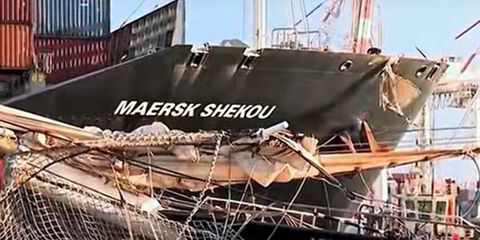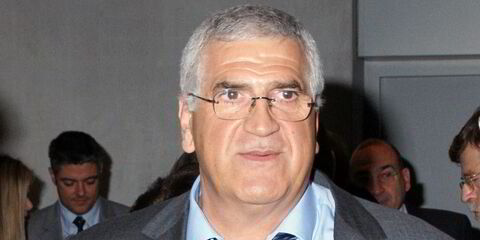While regional unrest has benefited the crude segmentin the past, Jonathan Chappell of Evercore Partners doesn’t believe this would holdtrue if push came to shove in the months to come.
In a note to clients, the equity analyst said amilitarystrikewould probablyprompt animmediate spike in freightrates but thinks the reaction would be “far more muted than anticipated” andwould only prolong the structural downturn in the tanker space.
“We would expect a similar initial shift in the tanker market asoccurred in 1990-91 and in 2003 in response to a conflict in the Middle East tolikely result in a tightening of the currently very oversupplied market and toboost rates,” he told clients Monday.
“However, a possible immediate Western response to a likely spikein oil prices in the form of a release of crude from the Strategic PetroleumReserves (SPR), which could ease fears regarding oil supply shortages andsignificantly shrink ton-mile demand for crude tankers, the speeding up of theglobal fleet that is now entrenched in slow steaming, and a potential reductionin oil (and tanker) demand owing to higher oil prices and bruised consumerconfidence, would likely mute and shorten any resulting tanker rate spike andpotentially prolong the demand weakness that is largely behind the current softrate environment, delaying a sustainable rate recovery.”
The analyst noted that any short-covering rally onoil trade disruptions should be viewed as attractive entry points for sellersof tanker stocks like John Fredriksen's Frontline as he believes “medium-term fundamentals of theindustry will likely only deteriorate from an event in Iran” and fears it would delay a marketrebound.
While international sanctions aimed at combatingIran’s weapons programmes have taken a toll on the nation’s economy Israeli andmany of its Western allies fear Tehran hasn’t abandoned its increasinglycontentious uranium enrichment efforts.
Today, however, there were numerous media reports that Iran’sforeign minister claims to be making progress toward ending a stalemate with the US,Russia, France, China, Great Britain, Germany and other countries that arepushing for cooperation with UN nuclear inspectors.
Western powers fear Iranian leaders, including president Mahmoud Ahmadinejad, wantto develop atomic weapons that could be used against enemies like Israel whilethe opposition continues to insist the the goal of the enrichment programme is to producenuclear energy for civilian use.(Copyright)



